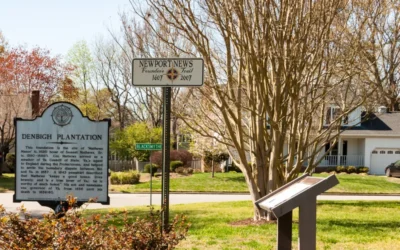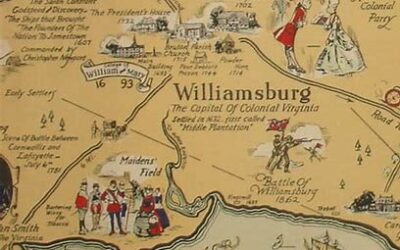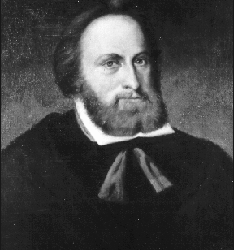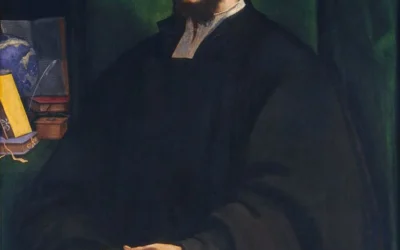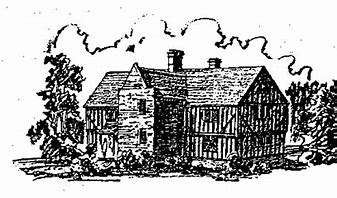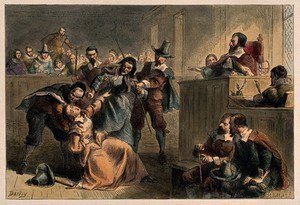17th Century
SAMUEL MATHEWS, HERO OR VILLAIN
The afternoon ended with Mathews, John Utie, William Pierce, George Menifee and John Pott participating in arresting Harvey for treason and putting him under house arrest. None of their actions were allowed under English law. But they went on to have Harvey impeached and sent him to London to face trial.
Dr. John Potts: Hero or Villain?
Was John Pott a hero or a villain? A reader can see it either way.
CAPTAIN SAMUEL ARGALL
His assignment was two-fold, find a shorter route to Virginia and catch sturgeon, which were well known for their caviar. He did find a much faster route, sailing south to the Azores, due west to Bermuda and north north-west to the James River. He made his first trip in just over nine weeks, cutting the trip by a third.
JOHN PORY, FIRST SPEAKER OF THE HOUSE OF BURGESSES
Although John Pory is seen as a precursor to today’s journalists, his contemporaries tended to see him as an alcoholic and a gossip and a busy-body who had many friends.
SUSANNA HARVEY HOPTON
In searching for early colonial ladies for my continuing Founding Mothers blog, I came upon one who does not quite fit the bill but is so outstanding that I decided to include her, anyhow.
Frances Grenville
She was now probably the richest woman in the colony, with two large plantations, very attractive to a prospective groom.
LYDIA BUSHROD CHEESMAN
Cheesman may have embraced Bacon’s plans to make war on Virginia’s Indians. It also appears that Lydia agreed with, or even encouraged, his actions.
JANE DICKENSON, FOUNDING MOTHER
Female indentured servants were not often well treated. Beatings and sexual assault were not infrequent.
ELIZABETH WORMELEY KEMP LUNSFORD SMITH
By April, 1656, Elizabeth, being referred to as Lady (or Dame) Lunsford, was doing business under her own name. After all, she still had the 1200-acre Rich Neck as well as the developing new plantation. Her annual income from all that tobacco was pretty substantial.
Those left decided they had had enough. With only a handful of people left, the desire to return to England was in most people’s minds.

